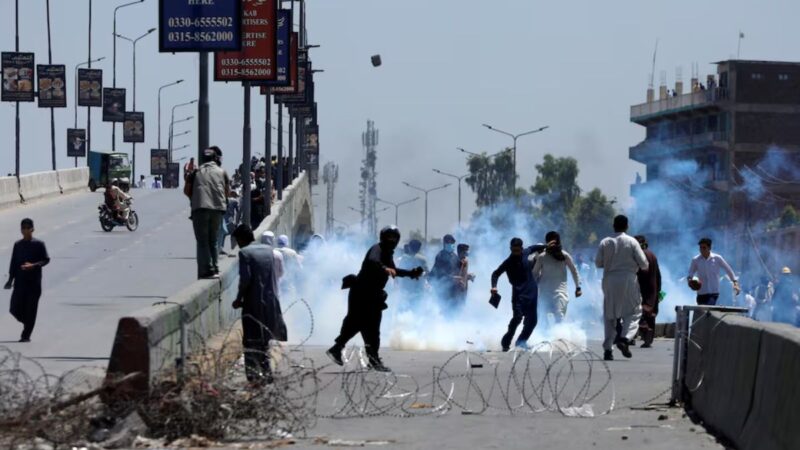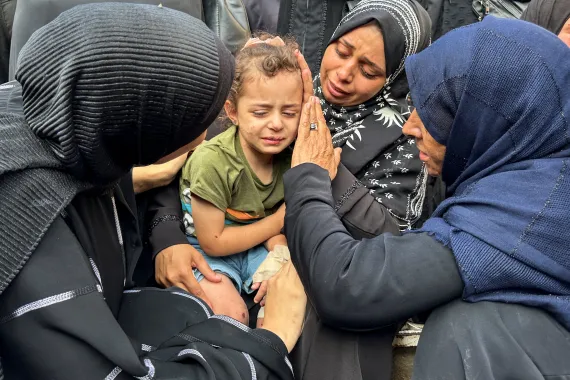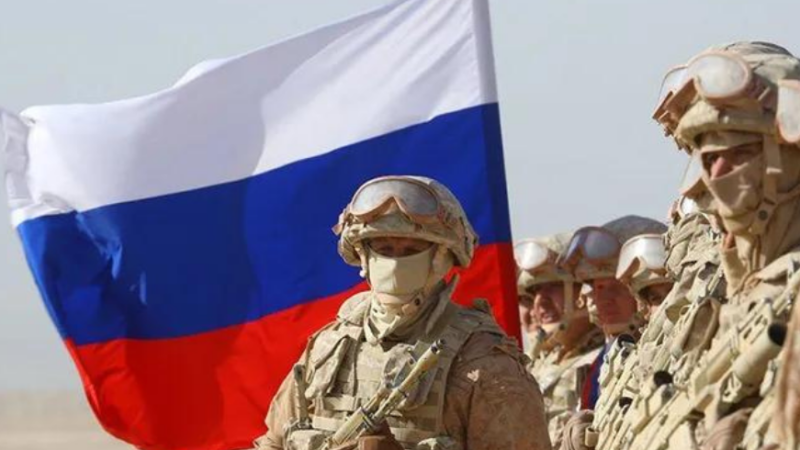UN: Yemen will ‘fall off the cliff’ without financial support

The United Nations humanitarian chief has warned that Yemen will “fall off the cliff” without massive financial support.
Mark Lowcock told a closed Security Council meeting on Wednesday that many more people will starve to death, succumb to COVID-19, die of cholera and watch their children die because they have not been immunised for killer diseases.
He added that the coronavirus was spreading rapidly across Yemen and about 25 percent of the country’s confirmed cases have died – “five times the global average”.
“With the health system in collapse, we know many cases and deaths are going unrecorded,” said Lowcock. “Burial prices in some areas have increased by seven times compared to a few months ago.”
Lowcock said the coronavirus “is adding one more layer of misery upon many others” including “appalling multi-casualty incidents” and the country’s economy, which is “heading for an unprecedented calamity”.
He pointed to the rapid depreciation of the Yemeni currency, the rial, a 10 to 20 percent rise in food prices in just two weeks, and the best available data indicating that remittances may have already fallen between 50 and 70 percent.
A virtual pledging conference for Yemen hosted by the UN and Saudi Arabia on June 2 saw 31 donors pledge $1.35bn for humanitarian aid, including about $700m in new funds, Lowcock said.
“That’s only about half of what was pledged last year,” he said, adding that it was far below what was needed to keep humanitarian programmes going.
“Reduced pledges from the Gulf region account for essentially all of the reduction,” said Lowcock, whose speech was distributed by his office.
“Water and sanitation programmes that serve four million people will start closing in several weeks,” he said. “About five million children will go without routine vaccinations, and by August, we will close down malnutrition programmes.”
A wider health programme that helps 19 million people will stop, too, he said.
200622124439279
“We have never before seen in Yemen a situation where such a severe acute domestic economic crisis overlaps with a sharp drop in remittances and major cuts to donor support for humanitarian aid – and this of course is all happening in the middle of a devastating pandemic,” Lowcock said.
On Tuesday, UN Secretary-General Antonio Guterres called for more pressure to be applied to Yemen’s warring parties to come together to arrange a ceasefire in the war that has cost more than 10,000 lives, displaced two million people and sparked the world’s worst humanitarian disaster.
In 2014, Iranian-backed Shia Houthi rebels overran the capital, Sanaa, and much of Yemen’s north, driving the government of President Abd-Rabbu Mansour Hadi into exile.
A US-backed, Saudi-led coalition intervened the following year to try and restore Hadi’s rule.
The war has settled into a deadlock, compelling significant regional players to seek an exit.






